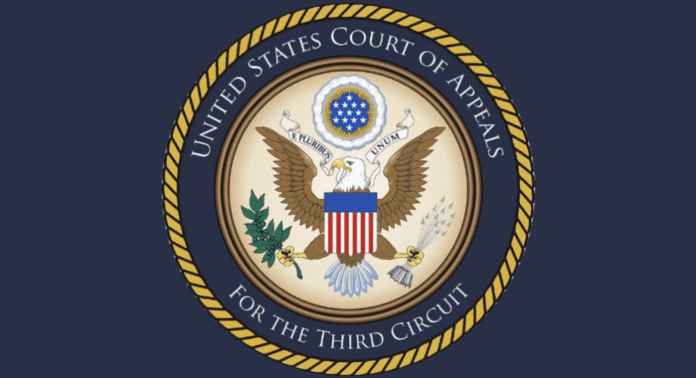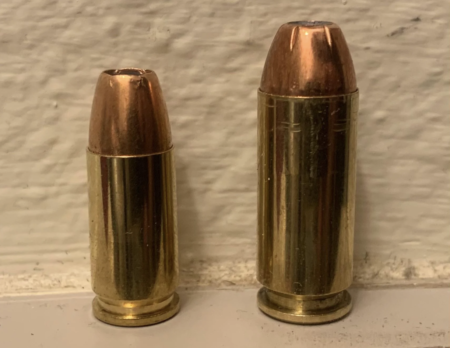
A court case in Philadelphia involving a man who lost his Second Amendment rights forever over a DUI is beginning to heat up.
Following a trial in 2005, Edward Williams was convicted of driving under the influence in Pennsylvania. Since he had a previous expunged DUI, the 2005 conviction qualified as a first-degree misdemeanor, punishable in Pennsylvania by up to five years’ imprisonment.
Williams was never imprisoned, however, but was placed under house arrest for 90 days, ordered to pay costs and a fine of $1,500, and to complete any recommended drug and alcohol treatment under the mandatory minimum sentence.
Because he had been convicted of a “crime punishable by imprisonment for a term exceeding one year,” federal law dictated that Williams could no longer purchase or own a firearm. That resulted in the case Williams v. Garland, which challenges the law that places a lifetime gun ban on some non-violent offenders.
Earlier this month, the Firearms Policy Coalition (FPC), which is supporting the lawsuit, filed a brief in the case, which FPC President Brandon Combs explained quite matter-of-factly.
“The federal Government’s immoral ban is unconstitutional and has no historical basis,” Combs said. “We will continue to work to eliminate this and other gun control laws that separate people from their rights.”
Throughout the brief, the FPC highlighted how the Supreme Court’s 2022 Bruen ruling made clear that a firearm regulation can be upheld only if the government demonstrates that it did not harm the person’s Second Amendment rights and is consistent with our nation’s historical tradition of firearm regulation.
“Prohibiting Williams from possessing a firearm consequent to a conviction for DUI is a clear violation of his Second Amendment protected right to keep and bear arms, as such prohibition is inconsistent with any longstanding tradition of firearms regulation in the United States,” the brief stated. “It is settled law that the guarantee of the Second Amendment includes ‘the individual right to possess and carry weapons in case of confrontation (Heller).’”
The brief further stated: “In this matter, the Government has failed to identify any longstanding historical regulation sufficiently analogous to justify the application of the firearms prohibition in 18 U.S.C. § 922(g)(1) to an individual convicted of DUI. Instead, the government urges this Court to find in the historical record a sweeping proposition that legislatures may disarm any individuals who have ‘committed serious crimes’ or who they believe ‘would endanger themselves or others’ if they possessed firearms… It also fails to provide any evidence to contradict this Court’s acknowledgement that the earliest federal regulations prohibiting possession of firearms by criminals ‘applied only to violent criminals.’”
The case is scheduled to be heard by the United States Court of Appeals for the 3rd Circuit.
Read the full article here











